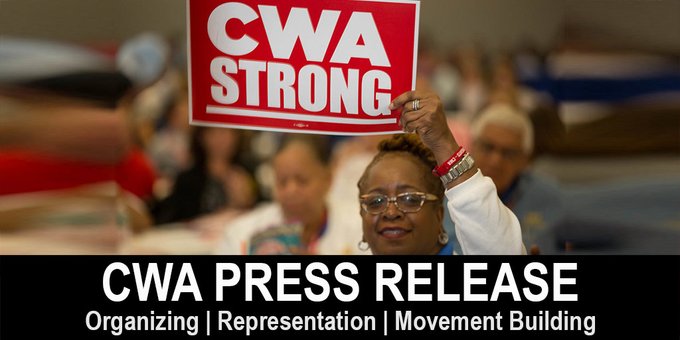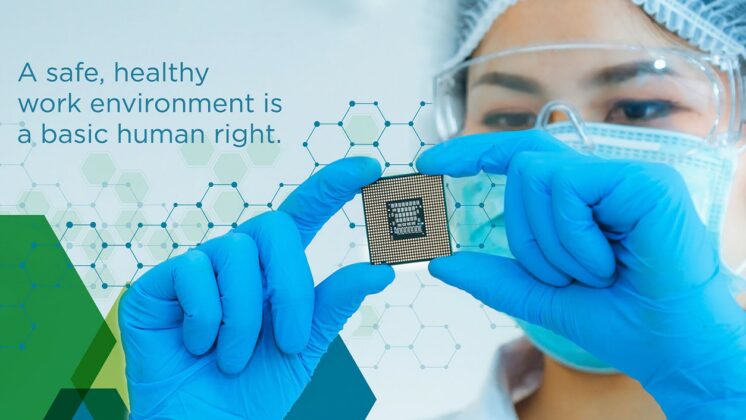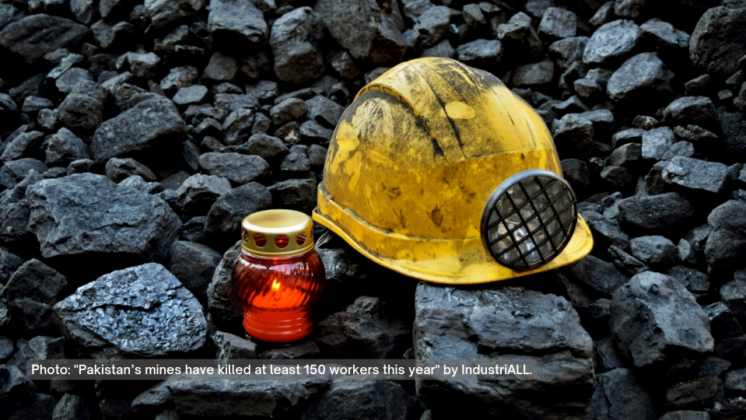As of 1 August 2016, SHARPS has marked the 300th day of a sit-in that the advocacy group began on 7 October 2015, after Samsung Electronics Co., Ltd. walked out of negotiations with them and imposed its own rules on occupational-disease victims who, often out of financial and emotional desperation, sought quick compensation from the company.
On 28 July, to mark the 300th day milestone, SHARPS activists and Samsung cluster victims held a rally at Samsung D’light, the company’s exhibition space, in south Seoul, where they have erected impromptu shrines for victims and been encamped for nearly a year.
“Our Children Are Now Gone”
Seoul’s humid heat waves, the hottest in two decades, could not diminish the spirits of more than 200 participants rallying with SHARPS. The rally showed that SHARPS’ advocacy has emerged as the source of inspiration for those who have lost their next-of-kin to corporations that put profits ahead of people and a government that prioritizes corporations over people.
“Our children are now gone,” Jeong Bu-ja, mother of one of the 365 high school students having drowned in a sunken ship MV Sewol in April 2014 because of the government’s bungled rescue efforts, said at the rally.
“However, for our deceased children, the facts must be known in their entirety,” she added, pointing to Samsung’s cover-up of the cluster, and the government’s meddling in independent investigations of the Sewol accident.
Infants and Their Mothers
Choi Ye-yong, director of Asian Citizen’s Center for Environment and Health, spoke at the rally. His public advocacy is campaigning for about 4,500 victims of a humidifier sterilizer marketed exclusively in South Korea by Oxy-Reckitt Benckiser. The UK multinational had for over almost a decade concealed the fatal hazards of the disinfectant with the connivance of corrupt government officials and academics.
“As of today, we have recorded 4,500 cases,” said Choi. “Among them, 780, or 19 percent, died [of pulmonary conditions],” he said. “Most of the deceased are infants under three years old or mothers in their 30s.”
“Samsung Can’t Bring My Health Back”
A cluster victim also spoke. “Will an apology by Samsung bring back my health? It won’t,” Han Hye-kyung, 38 years old, a former Samsung LCD-line operator, now partially paralyzed after brain tumors, said in a stammering voice. “But Samsung must apologize to prevent additional victims.”
The sit-in will continue, with SHARPS calling for Samsung to:
- compensate all victims of occupational disease transparently and sufficiently, and
- make a sincere and full apology.








